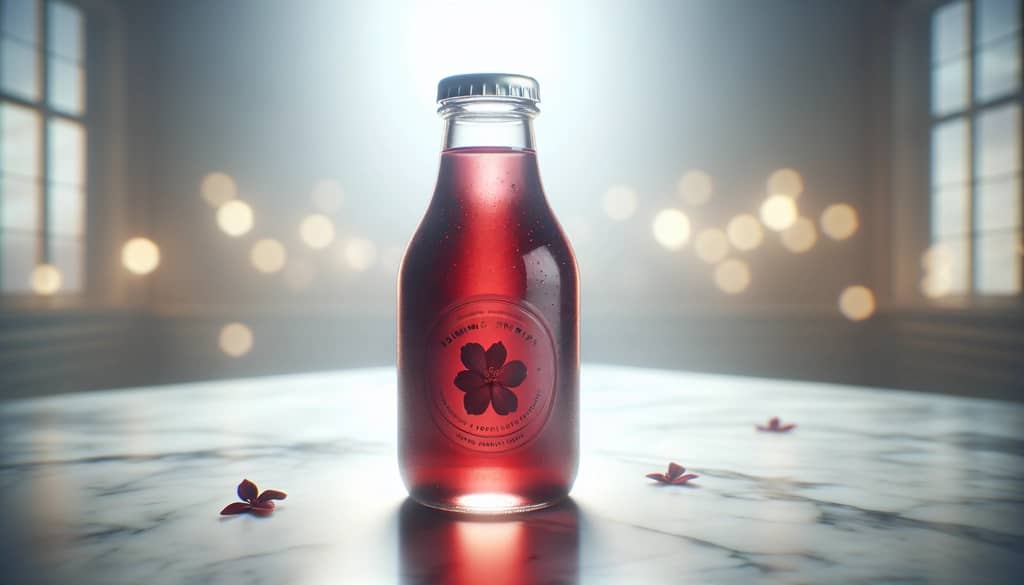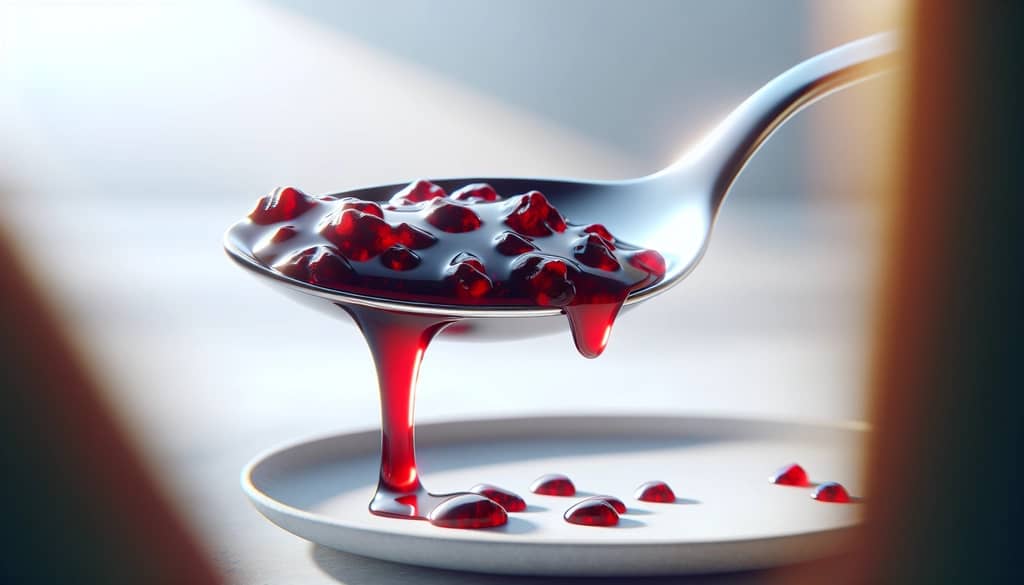Updated on: 6/3/2025
Does Hibiscus Syrup Have Any Health Benefits?

Hibiscus syrup, with its vibrant ruby color and tangy floral flavor, often finds its way into cocktails and mocktails. But beyond its taste and color, hibiscus itself is a plant prized in traditional medicine for centuries. People sometimes wonder whether the benefits of the hibiscus flower carry over into the syrup.
Hibiscus: Key Nutrients and Potential Health Effects
The primary health-related properties in hibiscus come from its natural compounds, especially:
- Anthocyanins: antioxidants that give hibiscus its deep color and may support cardiovascular health
- Vitamin C: a familiar nutrient best known for its role in immune support
- Organic acids (like hibiscus acid and malic acid): may help with mild digestive support
What the Science Says: Hibiscus Benefits in Context
When researchers talk about hibiscus health benefits, most studies use hibiscus tea or extracts, not syrup. Well-conducted studies suggest hibiscus may help in these areas:
- Supporting healthy blood pressure: some evidence from hibiscus tea shows mild benefits
- Antioxidant effects: anthocyanins and polyphenols help neutralize free radicals
- Potential support for healthy cholesterol levels (again, mostly in unsweetened teas or extracts)
It’s important to be realistic: while hibiscus syrup delivers some of these compounds, the amounts are usually lower than a strong tea, and every serving comes with added sugar.
Sugar Content: The Health Tradeoff
Almost every hibiscus syrup recipe calls for equal parts sugar and water (often exceeding 500 ml sugar per 500 ml finished syrup). The added sugar creates the desired consistency and shelf life but turns the syrup into a sweetener first, herbal booster second.
- One standard cocktail or mocktail dose (about 15 ml hibiscus syrup) supplies the antioxidants found in a weak tea, but also provides 10–12 grams sugar.
- Heavy syrup use can outweigh any health benefit due to the risks linked to high sugar intake.

Practical Tips for Hibiscus Syrup Use
To maximize botanical benefits while minimizing sugar’s downsides, consider these strategies:
- Use hibiscus syrup sparingly as a flavor accent, not a primary sweetener.
- Choose recipes that balance syrup with fresh citrus or sparkling water to offset sweetness.
- Try homemade versions with slightly reduced sugar or blend with monk fruit/erythritol for lighter options.
- If looking for more pronounced effects (heart health, antioxidant boost), enjoy unsweetened hibiscus tea in addition to creative syrup use.
The Bottom Line for Hibiscus Syrup Health
Hibiscus syrup carries some of hibiscus’s famous antioxidant and heart-supporting properties, but in lower concentrations due to dilution and sugar. It adds bright flavor, color, and a modest health boost to drinks and desserts, but works best when consumed in moderation. For those interested in maximizing the plant’s benefits, alternating between hibiscus syrup treats and unsweetened hibiscus tea is the most balanced approach.
